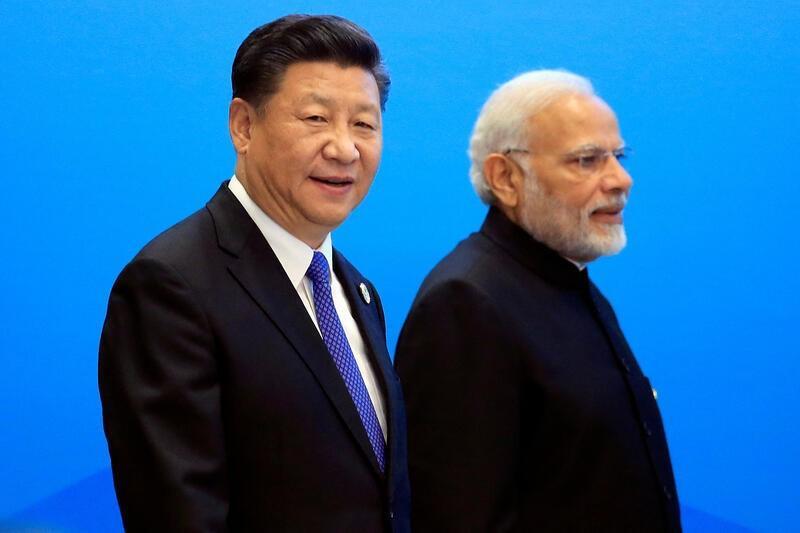
India Exposed to Risks as China Trade Deficit Reaches $100 Billion: Report
India’s trade deficit with China has reached a staggering $100 billion in the fiscal year 2025, a worrying development that exposes the country to significant geopolitical risks, according to a report by the Global Trade Research Initiative (GTRI). The widening trade gap is a cause for concern, as India’s exports to China have been dwindling over the years, while imports have continued to surge.
The report highlights that India’s exports to China have dropped to a mere 11.2% from 42.3% two decades ago, a stark decline that warrants attention. On the other hand, China has become an increasingly important source of goods for India, fulfilling a significant portion of its needs. The report notes that China supplies 97.7% of India’s antibiotic requirements, 96.8% of its silicon wafer needs, and 86% of its flat panel display demands.
The GTRI report warns that this trade imbalance poses a significant risk to India’s economy and national security. A large and growing trade deficit can lead to a deterioration in the terms of trade, making it difficult for India to maintain its competitiveness in international markets. Furthermore, the country may be exposed to potential supply chain disruptions and shortages in case of a conflict between India and China.
The report also highlights the potential impact on employment and economic growth. A trade deficit can lead to job losses in the export-oriented sectors, as domestic industries struggle to compete with cheap imports. Additionally, the export earnings of the country can be eroded, making it challenging to fund critical development projects and initiatives.
Causes of the Trade Deficit
So, what are the causes of this massive trade deficit? There are several factors contributing to this worrying trend. Firstly, the report notes that India’s exports have been stuck in a low-growth trajectory, failing to keep pace with imports. Secondly, the country’s import duties and taxes have not been effective in protecting domestic industries, allowing cheap Chinese goods to flood the Indian market.
Another major factor is the significant difference in unit costs between Indian and Chinese products. Chinese goods are often produced at a lower cost, making it challenging for Indian industries to compete. Moreover, the report notes that the Chinese government’s subsidy regime, backed by massive fiscal resources, has enabled Chinese industries to keep prices artificially low.
Finally, the report highlights the lack of effective trade agreements and negotiations between India and China. India has been negotiating with China for a bilateral trade agreement for several years, but progress has been slow and uncertain.
Impact on India’s Economy
The trade deficit with China has far-reaching implications for India’s economy and national security. Firstly, it can lead to a destabilization of the balance of payments, making it challenging for the country to maintain its foreign exchange reserves. Secondly, the trade deficit can lead to a rise in the current account deficit, making the country vulnerable to changes in global financial markets.
Furthermore, the report warns that the trade deficit can lead to a decrease in the country’s bargaining power in international trade negotiations. As India imports more and more from China, its ability to negotiate more favorable terms of trade with other countries can be eroded. Finally, the report notes that the trade deficit can lead to a decline in the domestic industry’s competitiveness, making it challenging for the country to achieve its goals of becoming a manufacturing hub.
Conclusion
The report by the Global Trade Research Initiative (GTRI) highlights the alarming trade deficit with China, which poses significant risks to India’s economy and national security. The report warns that India needs to take immediate action to address this trade imbalance and protect its domestic industries.
The report’s recommendations include implementing effective trade agreements and negotiations with China, increasing the competitiveness of Indian industries through fiscal incentives and subsidies, and promoting local sourcing and procurement practices. Additionally, the report suggests that India should explore alternative trade routes and partners to reduce its dependence on China.
As the report concludes, India cannot afford to remain complacent and ignore this trade deficit. It is imperative that the government, industry, and civil society come together to address this issue and protect India’s economy and national security.






